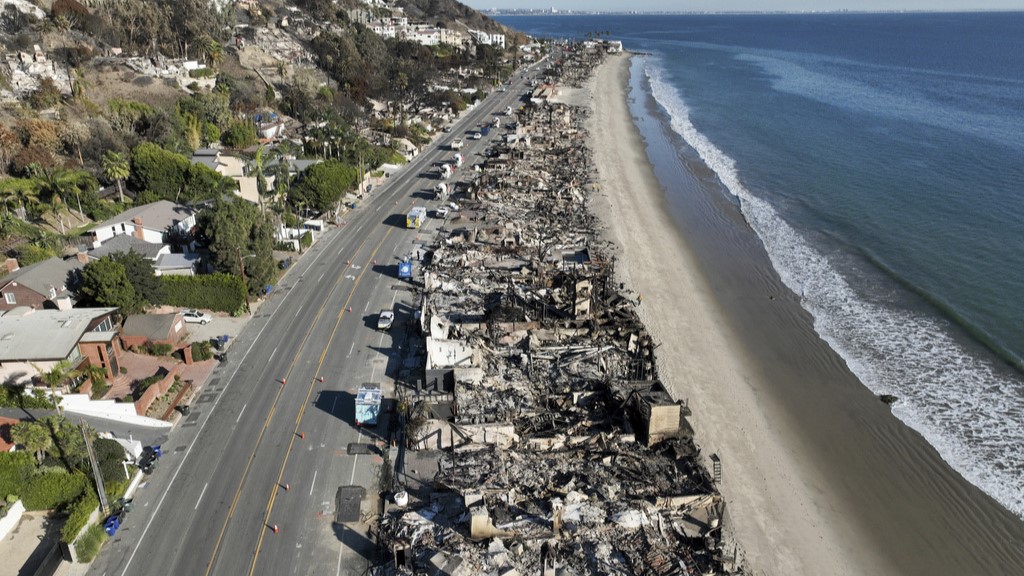Wake County firefighters head west to battle wildfires
GARNER (WTVD) -- As a smoky haze hung over Garner on Friday afternoon, about 60 firefighters from all over Wake County loaded a charter bus bound for wildfire-plagued Lake Lure, unsure of exactly when they'll come back home.
All of them volunteered for the mission at a time when conditions are expected to deteriorate in the North Carolina mountains.
"Wind conditions could ramp up so they're expecting tomorrow, things to get a little more dicey and little more tricky for the firefighters," said Darrell Alford with Wake County Fire Services.
CLICK HERE FOR A MAP OF THE WILDFIRES
CLICK HERE FOR FIRE-BY-FIRE INFORMATION
Wind gusts and below-freezing temperatures will accompany firefighters who are more used to battling flames in urban settings than wildfires climbing sloping mountainsides.
"We'll be holding fire lines around a lot of the homes and businesses," said Kevin Steward a captain with the Cary Fire Dept. who said goodbye to his wife and four young children Friday morning.
"I just told them we trained for stuff like this so obviously anything we do we work together as a team," said Stewart. "We watch each other's back."
The contingent headed west will be relieving more than 40 firefighters who have been providing structural protection in Rutherford County since Saturday.
While the group is expected to return Wednesday, rapidly changing conditions could keep them there through the Thanksgiving holiday.
"As firefighters, we have to work 24-hour shifts whether it's Thanksgiving, Christmas, whenever it may be," said Cameron Dupree, Garner firefighter. "We are firefighters just as much in the mountains as we are here."
Some firefighters said so many were eager to help, they had to draw names out of a hat to decide who would deploy.
"I'm excited to go do my part," said Scott Benninghoff, captain with the Cary Fire Dept. "While we're all, everybody's at home having turkey and Thanksgiving, to me, it just made me feel like hey, not everybody's going to have that opportunity."
Before hitting the road, the firefighters were told to be ready to work long hours, learn from crews who've been on the ground, and to look out for one another.
"First and foremost is their safety," said Alford. "We want them to come home exactly how they left and just do what they can to help those guys in the mountains."










